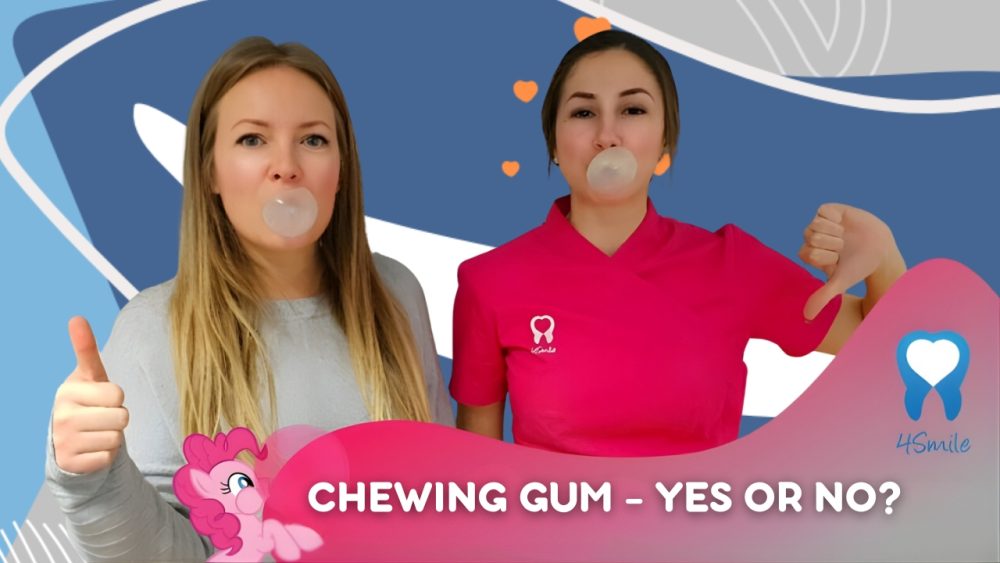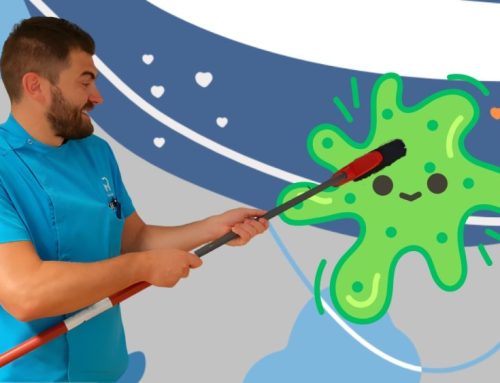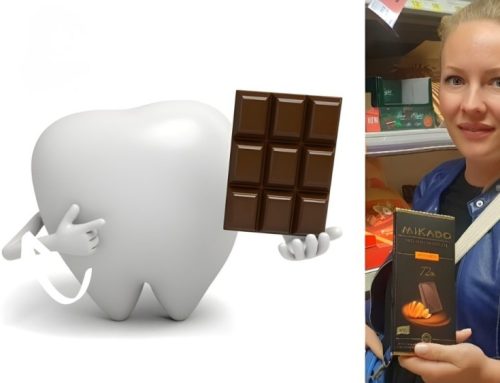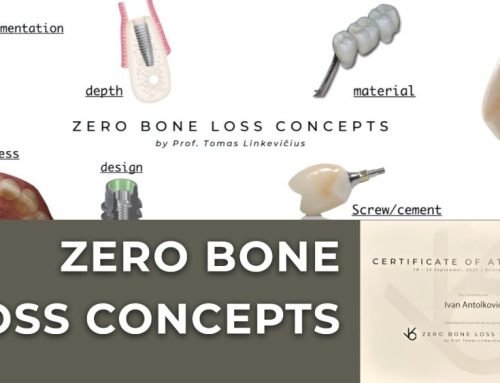Is chewing gum good or bad for teeth and overall health?
If you ask people whether chewing gum is good or bad for your health, you’ll probably get several different answers. To best respond to this important question, we need to look into several different aspects of how chewing gum affects both the mouth and the body as a whole.
A few facts about chewing gum:
– Most chewing gums contain artificial sweeteners that can be harmful to your health, regardless of whether the gum contains sugar or not. One of the most harmful sugar substitutes is aspartame, which is most commonly found in chewing gum.
– People who chew gum are also more likely to eat less healthy foods like fruits and vegetables. A 2013 academic study on eating habits showed that they are more likely to consume unhealthy foods such as potato chips and sweets.
– Chewing gum can also lead to tooth decay and erosion, especially when it’s sweetened with sugar. When you chew sugar-sweetened gum, you’re essentially bathing your teeth and gums in a sugary solution.
– Chewing gum may also potentially cause mercury to be released from dark amalgam fillings.
Now that we know the basic facts, let’s explore some detailed potential health effects of chewing gum:
Potential health effects of artificial sweeteners
Many people don’t think much about the ingredients in the gum they chew, simply because the gum base itself is never swallowed. However, your teeth and gums are still exposed to these ingredients, and you actually swallow many of the flavoring ingredients while chewing, since the flavor compounds are extracted during the chewing process.
The mucous membranes in the mouth also absorb many substances directly through them.
A large portion of sugar-free gums, as already mentioned, are sweetened with a common sugar substitute called aspartame. One study published in the Life Sciences Journal concluded that aspartame can lead to the formation of formaldehyde in the body, which is a known carcinogen.
Impact on teeth
Regularly chewing gum can also cause excessive wear of tooth enamel, and even changes in bite alignment.
Furthermore, as enamel gradually wears down, teeth can become sensitive to hot or cold foods and drinks, or to acidic foods.
Cavities
Dentists generally recommend sugar-free chewing gum. However, if you chew gum that contains sugar, you might avoid some of the potential pitfalls of artificial sweeteners (assuming only sugar is used and not a combination of artificial and natural sweeteners), but you will increase your risk of developing cavities due to prolonged exposure of teeth to sugar. This risk rises if you develop a regular habit of chewing sugary gum.
Temporomandibular joint disorders (TMJ)
The temporomandibular joints are two points – one on each side of the face, just in front of the ears – where the temporal bone of the skull connects to the lower jaw (the mandible). The joints are supported by ligaments, tendons, and muscles, which enable jaw movement.
Temporomandibular joint disorders result from fatigue or imbalance of the muscles that control this connection. While most chewing doesn’t cause such disorders, people who develop a regular gum-chewing habit may experience muscle fatigue, putting them at risk of TMJ disorders. Aggressive chewing or chewing on only one side of the mouth increases the risk of developing TMJ disorders.
Headaches
Younger people, such as high school students, have been known to experience headaches as a result of excessive gum chewing. This is due to strain on the jaw muscles. These headaches often occur when gum is chewed as a way to relieve stress, for example during studying or taking important exams. This type of stress tends to lead to stronger and faster chewing, which worsens the problem and causes headaches.
Advice from Dentist Ivan Antolković:
“If you chew sugar-free gum, it can actually have a positive effect on your teeth because it may help prevent cavities by removing plaque and harmful bacteria from the surfaces of teeth and gums. Just keep in mind that chewing gum itself isn’t necessarily a healthy habit.
If you simply want to freshen your mouth, it’s better to brush your teeth or use mouthwash rather than use gum as a cleaning method. A glass of cold water with mint leaves can also be a nice way to freshen your mouth after a meal, instead of chewing gum – especially when combined with brushing and rinsing afterward.
Teeth and the oral cavity are an important part of our bodies – they’re actually the gateway to the rest of the body. It’s important to take good care of them and pay attention to how the things you put in your mouth can affect the rest of your body.”















